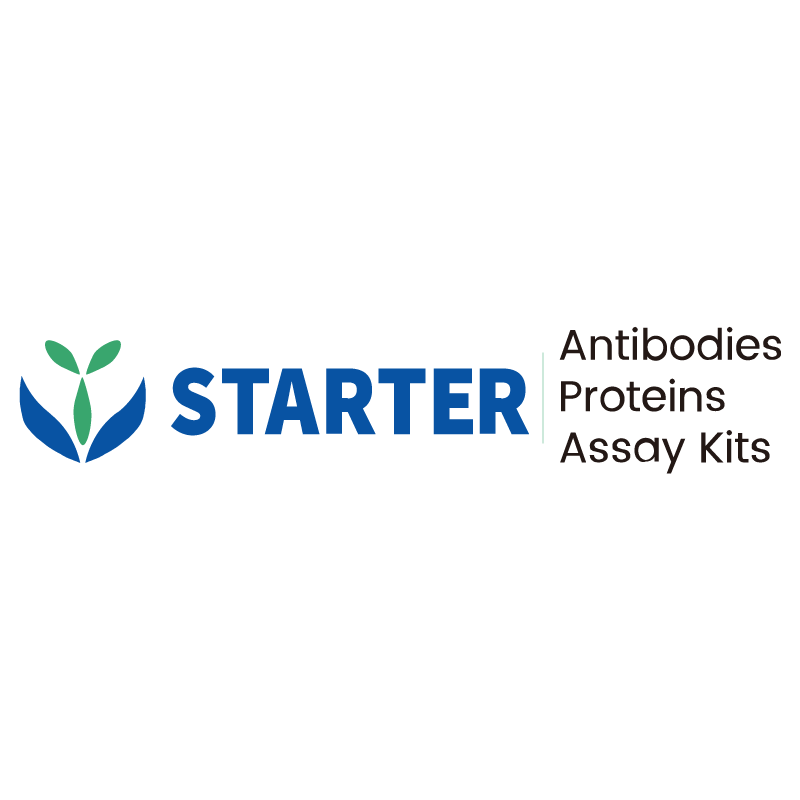WB result of p16INK4a Recombinant Rabbit mAb
Primary antibody: p16INK4a Recombinant Rabbit mAb at 1/1000 dilution
Lane 1: NIH/3T3 whole cell lysate 20 µg
Lane 2: A20 whole cell lysate 20 µg
Negative control: NIH/3T3 whole cell lysate
Secondary antibody: Goat Anti-rabbit IgG, (H+L), HRP conjugated at 1/10000 dilution
Predicted MW: 18 kDa
Observed MW: 18 kDa
Product Details
Product Details
Product Specification
| Host | Rabbit |
| Antigen | p16INK4a |
| Synonyms | Cyclin-dependent kinase inhibitor 2A; Cyclin-dependent kinase 4 inhibitor A (CDK4I); p16-INK4a (p16-INK4); P16ink4a; Cdkn2a |
| Immunogen | Synthetic Peptide |
| Location | Cytoplasm, Nucleus |
| Accession | P51480 |
| Clone Number | S-2573-6 |
| Antibody Type | Recombinant mAb |
| Isotype | IgG |
| Application | WB |
| Reactivity | Ms |
| Purification | Protein A |
| Concentration | 0.5 mg/ml |
| Conjugation | Unconjugated |
| Physical Appearance | Liquid |
| Storage Buffer | PBS, 40% Glycerol, 0.05% BSA, 0.03% Proclin 300 |
| Stability & Storage | 12 months from date of receipt / reconstitution, -20 °C as supplied |
Dilution
| application | dilution | species |
| WB | 1:1000 | Ms |
Background
p16INK4a is a 16 kDa cyclin-dependent kinase inhibitor encoded by the CDKN2A locus on chromosome 9p21 that specifically binds to and inactivates CDK4/6 complexes, thereby preventing phosphorylation of the retinoblastoma protein (pRb) and enforcing a G1 cell-cycle arrest that functions as a critical tumor-suppressive barrier against oncogenic stress; its expression rises sharply with aging and acts as a robust biomarker of cellular senescence across diverse tissues, while its frequent inactivation through deletion, mutation, or promoter hypermethylation is observed in numerous human cancers, underscoring its pivotal role in both aging-related pathophysiology and oncogenesis.
Picture
Picture
Western Blot


